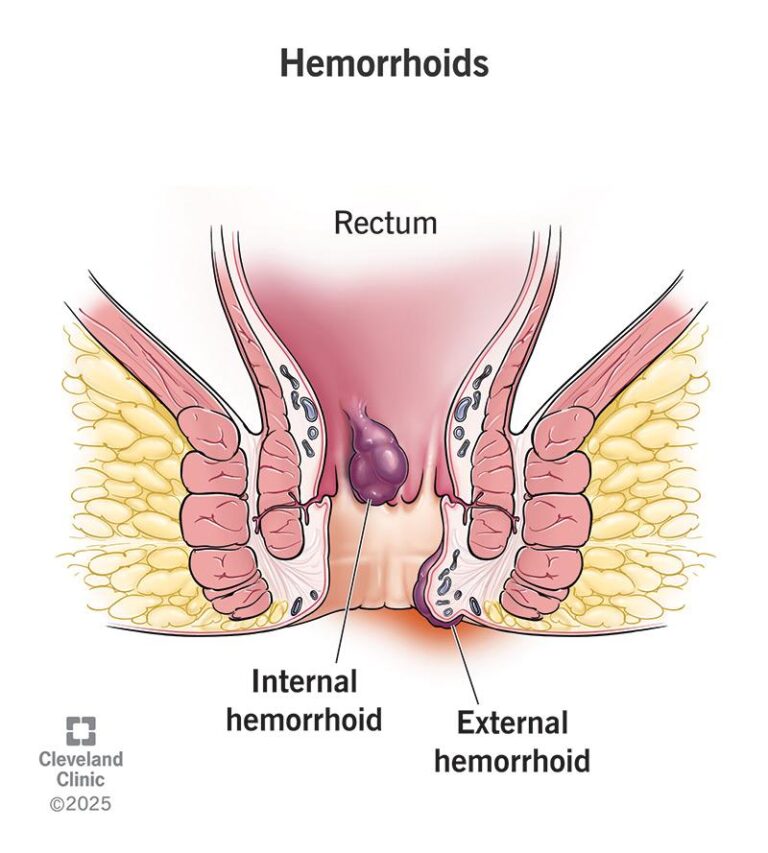U.S. Steps Up as Mediator in Congo-Rwanda Peace Talks: A New Chapter for Central Africa
In a notable diplomatic announcement, former U.S. President Donald Trump revealed that the United States is on the cusp of brokering a peace agreement between the Democratic Republic of Congo (DRC) and Rwanda—two countries with a history marked by conflict and strained relations. Speaking at a recent forum, Trump underscored the critical need to resolve these enduring disputes that have perpetuated violence and instability across the region. This development signals an intensified American effort to reassert its influence in global diplomacy, particularly within Central Africa’s complex geopolitical landscape. The announcement has sparked diverse reactions, ranging from optimism among proponents to skepticism from critics questioning America’s capacity to facilitate sustainable peace.
The U.S.’ Renewed Diplomatic Engagement in Central Africa
The United States is increasingly positioning itself as an essential mediator amid escalating tensions between Congo and Rwanda. Former President Trump’s remarks highlight tangible progress toward crafting a peace framework designed to stabilize this volatile region. The U.S.’ involvement includes high-level diplomatic dialogues aimed at fostering constructive communication between both governments—a move seen as pivotal given the humanitarian crises triggered by intermittent violence affecting millions.
Key pillars of America’s diplomatic strategy encompass:
- Neutral Mediation: Offering an impartial platform where both parties can express grievances and negotiate terms without bias.
- Humanitarian Support: Scaling up aid efforts targeting vulnerable populations impacted by ongoing conflicts, signaling goodwill and commitment.
- Regional Cooperation: Mobilizing neighboring states to actively participate in preventing further escalation through collaborative security measures.
| Main Stakeholder | Description of Role |
|---|---|
| The United States Government | Mediator facilitating dialogue and providing support resources |
| The Democratic Republic of Congo (DRC) | Main negotiating party seeking resolution |
| Rwanda Government | Engaged counterpart committed to dialogue |
| African Regional Leaders & Organizations | Catalysts for regional stability through support initiatives |
Main Components of the Proposed Peace Agreement Between DRC and Rwanda
The emerging peace proposal focuses on several foundational elements intended to restore calm along one of Africa’s most troubled borders. Foremost among these is a mutual pledge by both nations to cease all hostile military activities along their shared frontier—a critical step toward de-escalation after decades marked by cross-border skirmishes.
An integral part involves disarming rebel factions operating primarily within eastern DRC territories under international supervision, ensuring transparency and adherence to agreements. Additionally, fostering open channels for dialogue aims not only at addressing immediate security concerns but also reconciling deep-rooted historical grievances that have long fueled animosity between communities on either side.
A joint monitoring body comprising representatives from both countries alongside international observers will oversee compliance with treaty provisions while maintaining accountability standards throughout implementation phases.
This framework also prioritizes humanitarian relief efforts targeting displaced persons affected by protracted conflict zones while promoting economic collaboration initiatives designed to stimulate cross-border trade—laying groundwork for durable social cohesion backed by shared prosperity prospects.
Sustaining Peace Through Inclusive Regional Collaboration: Strategic Recommendations Â
Sustainable resolution demands active participation beyond governmental corridors; it requires engaging civil society groups, local leaders, and grassroots organizations who intimately understand cultural dynamics shaping community interactions across borders. Establishing inclusive forums where diverse voices contribute meaningfully ensures peacebuilding processes resonate authentically with those most impacted.
A comprehensive approach should emphasize strengthening local governance capacities alongside forging economic partnerships beneficial across national lines—measures proven effective in other post-conflict settings such as Mozambique’s successful community reintegration programs following years of civil war.[1]
- Pursuing bilateral trade agreements enhancing mutual economic dependence;
- Create joint task forces focused on border security management coupled with natural resource oversight;
- Spearhead cross-border infrastructure projects improving connectivity among communities;
- Cultivate educational exchanges promoting intercultural understanding;
- Pursue environmental cooperation addressing shared ecological challenges like deforestation or water resource management;
.
This multi-layered strategy not only mitigates immediate tensions but also builds resilient frameworks capable of preventing future conflicts through sustained cooperation.
Given this context, continuous engagement from Washington alongside African Union partners remains vital—not merely reacting when crises arise but proactively nurturing conditions conducive for lasting harmony throughout East-Central Africa.
A Forward Look: Implications for Regional Stability & Global Diplomacy Â
The prospect highlighted by former President Trump’s announcement marks an ambitious attempt at reshaping geopolitical realities within Central Africa—a region historically plagued by cycles of violence yet rich with untapped potential for growth if stability prevails.
While specifics surrounding any finalized accord remain forthcoming, this initiative underscores how multilateral diplomacy combined with targeted humanitarian interventions can pave pathways toward resolving entrenched conflicts.
As global attention turns towards East African affairs—with over two million internally displaced persons reported just last year according to UNHCR data[2], there is cautious optimism that renewed U.S.-led mediation could catalyze meaningful change.
Ultimately, success hinges upon sustained commitment from all involved parties—including regional actors—to translate negotiations into concrete actions fostering reconciliation rather than mere rhetoric.
The international community watches closely as these developments unfold—hopeful that cooperative diplomacy will triumph over discord—and set precedence encouraging peaceful resolutions elsewhere worldwide.






